Sehba Sarwar on Finding Silence in a Noisy World
Sehba Sarwar blogs about her role as founding and artistic director of P&W-supported Voices Breaking Boundaries (VBB), a Houston-based alternative arts organization. A writer and multidisciplinary artist, Sarwar uses her poetry, prose, and video/art installations to explore displacement and women’s issues on a domestic and global level. Her first novel, Black Wings, was published in 2004, and she is currently working on a second manuscript tentatively entitled "Island."
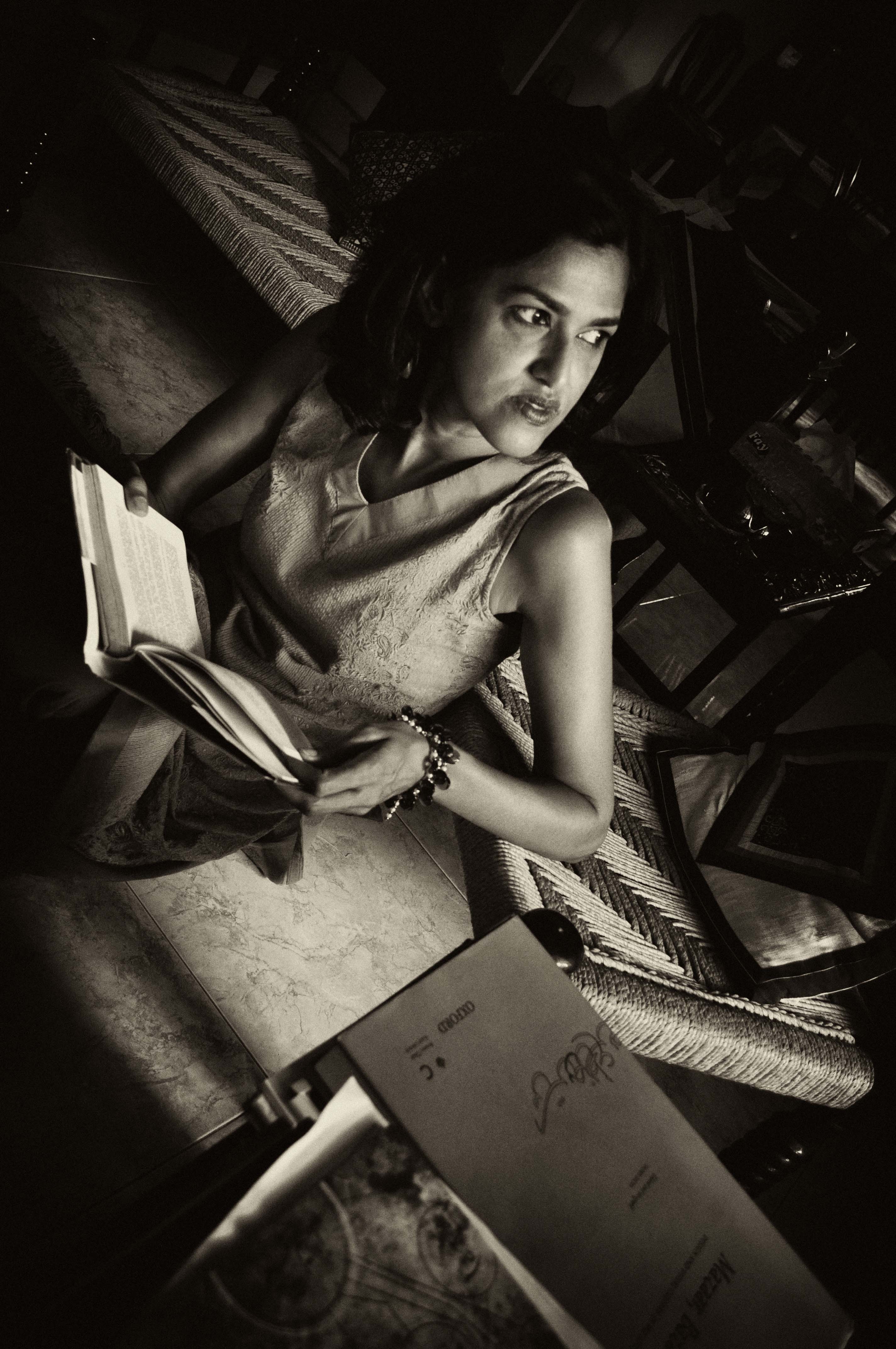 On October 1, 2012, Inprint, Inc., and the Poetry Society of America in association with Nuestra Palabra presented a panel discussion, Red, White & Blue: Poets on Politics, featuring Sandra Cisneros and Tony Hoagland and moderated by the Poetry Society’s executive director Alice Quinn. The gathering, held at the University of Houston, drew a mix of students and community members and there was a rich conversation about the urgency of poets to speak in response to social issues. Both Cisneros and Hoagland read work by poets they admire, followed by a discussion about the importance of giving voice to community. Sandra closed with a poem by Amber Past, who lives in Mexico but archives stories of indigenous women.
On October 1, 2012, Inprint, Inc., and the Poetry Society of America in association with Nuestra Palabra presented a panel discussion, Red, White & Blue: Poets on Politics, featuring Sandra Cisneros and Tony Hoagland and moderated by the Poetry Society’s executive director Alice Quinn. The gathering, held at the University of Houston, drew a mix of students and community members and there was a rich conversation about the urgency of poets to speak in response to social issues. Both Cisneros and Hoagland read work by poets they admire, followed by a discussion about the importance of giving voice to community. Sandra closed with a poem by Amber Past, who lives in Mexico but archives stories of indigenous women.
The next morning, I had a spontaneous breakfast with Sandra, who I know because I’ve been part of the Macondo Writers’ Workshop for the past four years. The group, which began fifteen years ago with twenty writers gathering at Sandra’s kitchen table, long before a nonprofit was formed, gave San Antonio and Austin-based writers a space to gather and share their work. Once Macondo evolved into a nonprofit arts organization, annual summer retreats were organized in San Antonio. At its peak, Macondo had as many as 80 members. We gathered in San Antonio from around the United States and Mexico to workshop our writing or to gain time to write. Today, the Macondo Writers’ Workshop is going through a transition as Sandra steps back to focus on her own writing.
Many artists, like Sandra, initiate arts organizations because they have a passion for their work and want to share art and resources with a larger community. However, there is a natural tension between the creation of art itself and the formalization of an arts organization. Art is not a prescribed process. One begins the journey without knowing the ending and most artists who start arts organizations either give up their own art or step away from the formal structures they create. Next year, Sandra will be taking a year’s retreat in Mexico so she can write. “I’m going to Mexico for the same reasons you go to Pakistan each year,” she tells me. “I need to be reinvigorated.”
The act of writing is solitary. We need community for feedback and support, but to create work, we need time to be alone. As I reflect on my visit with Sandra, I remember a January 2012 New York Times opinion piece by Susan Cain, who talks about how “group-work” is over-emphasized in today’s world. “Research strongly suggests that people are more creative when they enjoy privacy and freedom from interruption,” Cain states. Her words make sense to me. In the flutter of our time, when to remain visible one must tweet or post on Facebook and always keep a product in sight, the need to slow down and reflect is underestimated. I applaud writers and artists who resist producing, and instead, dedicate time to the process.
Photo: Sehba Sarwar. Credit: Emaan Reza.
Support for Readings/Workshops events in Houston is provided by an endowment established with generous contributions from the Poets & Writers Board of Directors and others. Additional support comes from the Friends of Poets & Writers.





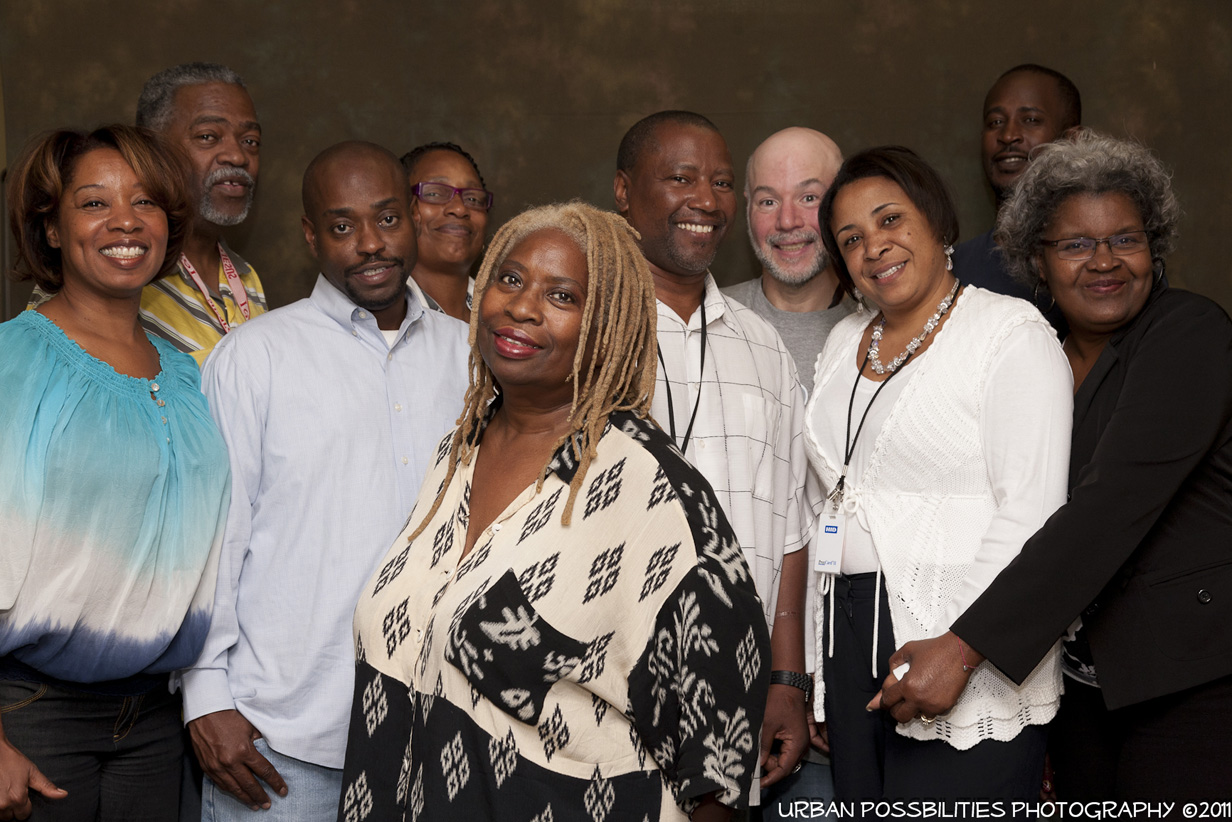 What makes your workshops unique?
What makes your workshops unique?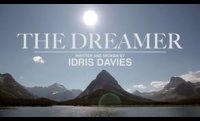
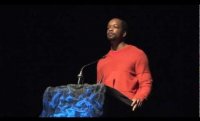
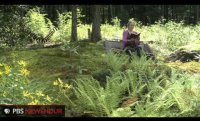
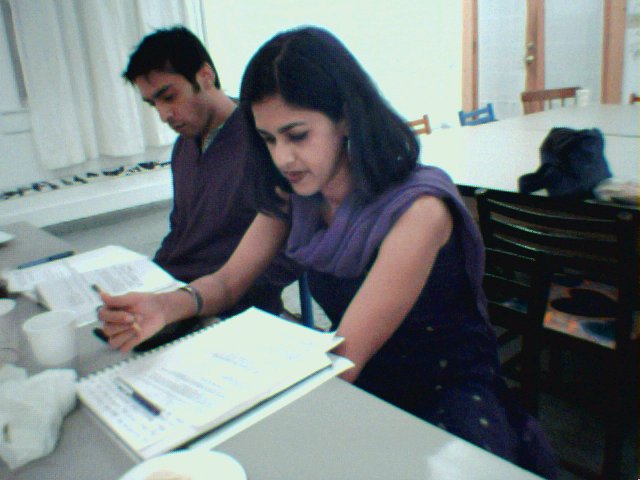 th teenagers, I wanted to work more with adults. So Shaista and I began planning a workshop that spoke to the rootless-ness we both felt, whether we were in Karachi, Houston, or somewhere else. Shaista and I dedicated much thought to our workshop title—just as VBB co-founders and I had spent time honing in on the right title for “our” organization three years earlier. We finally agreed on “Voices of the Displaced,” a title that rang true for us. It also attracted a pool of Houston-based writers who were born in other countries or elsewhere in the United States, who had come from communities of color, or identified themselves as GLBT/queer. Project Row Houses offered us a meeting space and co-sponsored the series. We sent out emails inviting people to join—VBB didn’t even have a website at that time. Our first group was intimate with only six participants, but over time, the group expanded. We always brought food and drinks and our gatherings offered formal writing but also a sense of community.
th teenagers, I wanted to work more with adults. So Shaista and I began planning a workshop that spoke to the rootless-ness we both felt, whether we were in Karachi, Houston, or somewhere else. Shaista and I dedicated much thought to our workshop title—just as VBB co-founders and I had spent time honing in on the right title for “our” organization three years earlier. We finally agreed on “Voices of the Displaced,” a title that rang true for us. It also attracted a pool of Houston-based writers who were born in other countries or elsewhere in the United States, who had come from communities of color, or identified themselves as GLBT/queer. Project Row Houses offered us a meeting space and co-sponsored the series. We sent out emails inviting people to join—VBB didn’t even have a website at that time. Our first group was intimate with only six participants, but over time, the group expanded. We always brought food and drinks and our gatherings offered formal writing but also a sense of community.